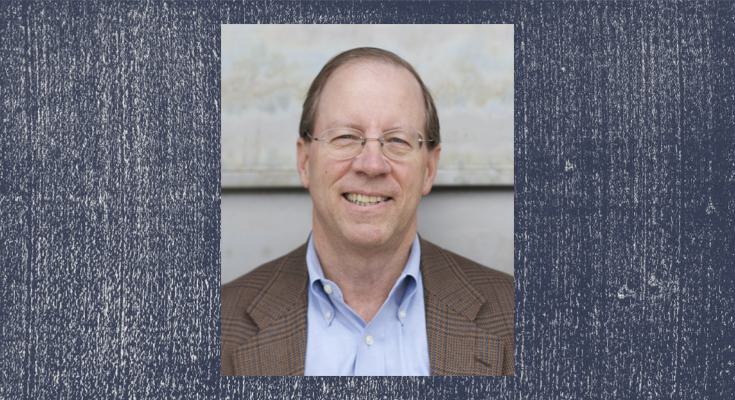If there ever was a serious threat to American freedom it would spring up amongst us…If destruction be our lot, we would ourselves be its author and finisher. As a nation of free people, we will live through all of time or die by suicide. — Abraham Lincoln
These are sobering words for people living in a nation where there is so much division, violence and instability.
I am not sure many of us give much thought as to why nations die. Of course, many are taken over by force, but Lincoln did not see that as a threat to the United States.
I am reminded of Edward Gibbon’s conclusion of why the mighty Roman Empire fell. He wrote the most comprehensive study (six volumes) ever on the decline and fall of the Roman Empire. Gibbon concluded that the Roman Empire succumbed to barbarian invasion as it had grown weak and over time lost its civic virtue.
The person who has written the most on the death of civilization is the great British historian Arnold Toynbee.
In the 1940s, Toynbee engaged in a magisterial study of the rise and fall of world civilizations. Toynbee’s insights into history and the dynamics of his own time are startlingly prophetic.
Based on his study of 21 world civilizations – ranging from ancient Rome to imperial China, from Babylon to the Aztecs – Toynbee found that societies in disintegration suffer a kind of “schism of the soul.” They are seldom simply overrun by some other civilization. Rather, they commit a kind of cultural suicide.
In disintegrating cultures, people stop believing in morality and yield to their impulses at the expense of their creativity. They also succumb to “truancy” - that is, escapism, seeking to avoid their problems by retreating into their own worlds of distraction and entertainment.
Toynbee’s assessment should cause us to ask, "why do people stop embracing morality?" Here in the United States, the simple answer is that we have drifted away from the Judeo-Christian tradition that played such a crucial role in our cultural history.
German philosopher Jürgen Habermas says, “Democracy requires of its citizens qualities that it cannot provide.” He recognized that free societies depend on their citizens to act morally and responsibly. Habermas is agnostic, but he stunned his colleagues when he said that Western civilization and its legacy of justice and human rights was the direct heir of the Judeo–Christian values and ethics. He said, “We continue to draw on the substance of this heritage. Everything else is just idle postmodern talk.”
Lord Acton, the great English historian explained the necessity of having a spiritual foundation in order to have a healthy, vibrant society. He said:
“A person’s spiritual underpinnings creates an invisible yoke of duty on every citizen. It gives a reason to deny self-interest, to obey the law, to sacrifice for others. However, when we abandon our spiritual roots,” he says, “duty loses its hold on our hearts. Crime and lawlessness are then unleashed."
Could this explain why we see such crime and lawlessness in our land?
I believe our nation faces what the nation of Israel faced many years ago when God confronted them with this choice:
I call heaven and earth to witness against you today, that I have set before you life and death, the blessing and the curse. So choose life in order that you may live, you and your descendants, by loving the Lord your God, by obeying His voice, and by holding fast to Him; for this is your life. (Deuteronomy 30:19-20)
Richard E. Simmons III is the founding director of The Center for Executive Leadership, a faith-based ministry in Birmingham, Alabama focused on counseling businessmen and professionals. His column appears every weekend in 1819 News. Richard is the best-selling author of The True Measure of a Man, Reliable Truth, and The Power of a Humble Life. His newest book, an Amazon best-seller, is Reflections on the Existence of God – a series of short essays seeking to answer life’s most enduring question: Does God exist? You can find Richard's weekly blog, podcast, and more at richardesimmons3.com. The views and opinions expressed here are those of the author and do not necessarily reflect the policy or position of 1819 News. To comment, please send an email with your name and contact information to Commentary@1819News.com










